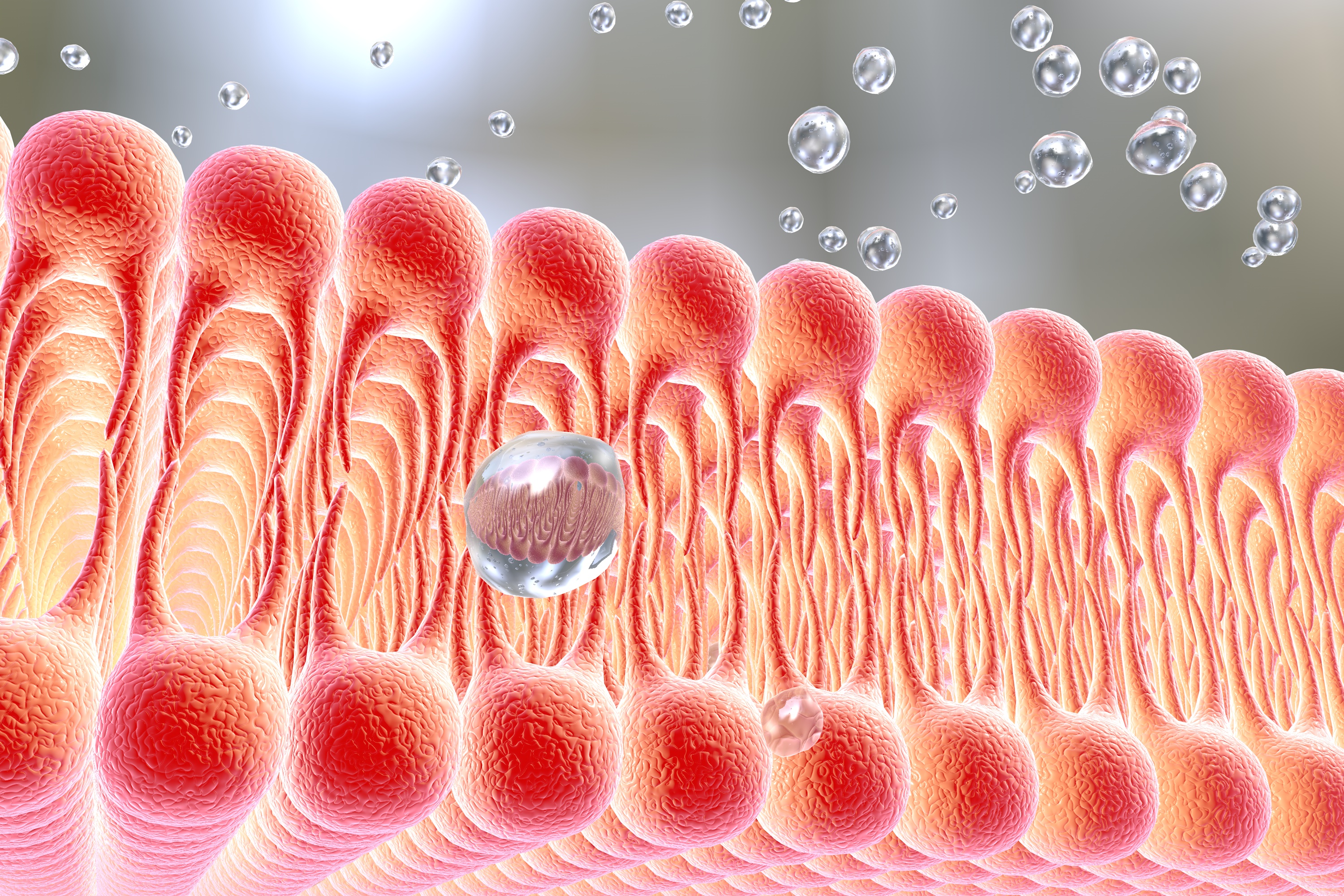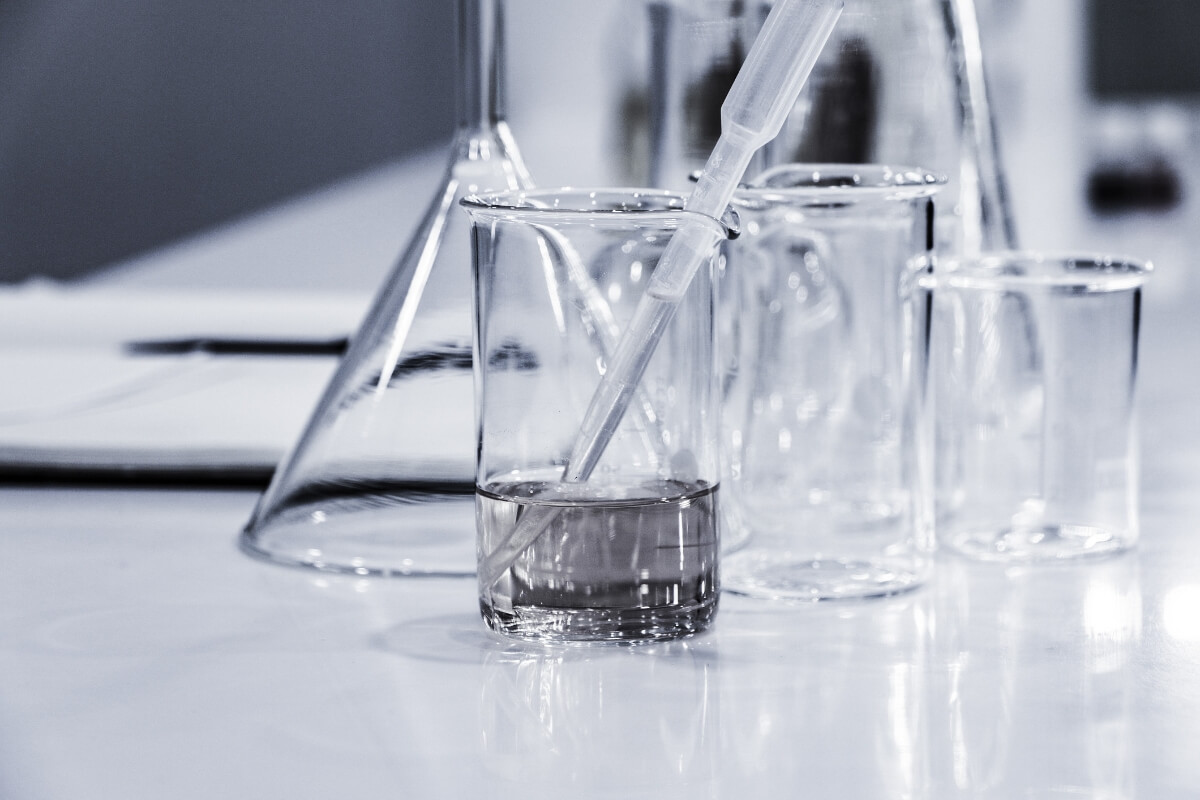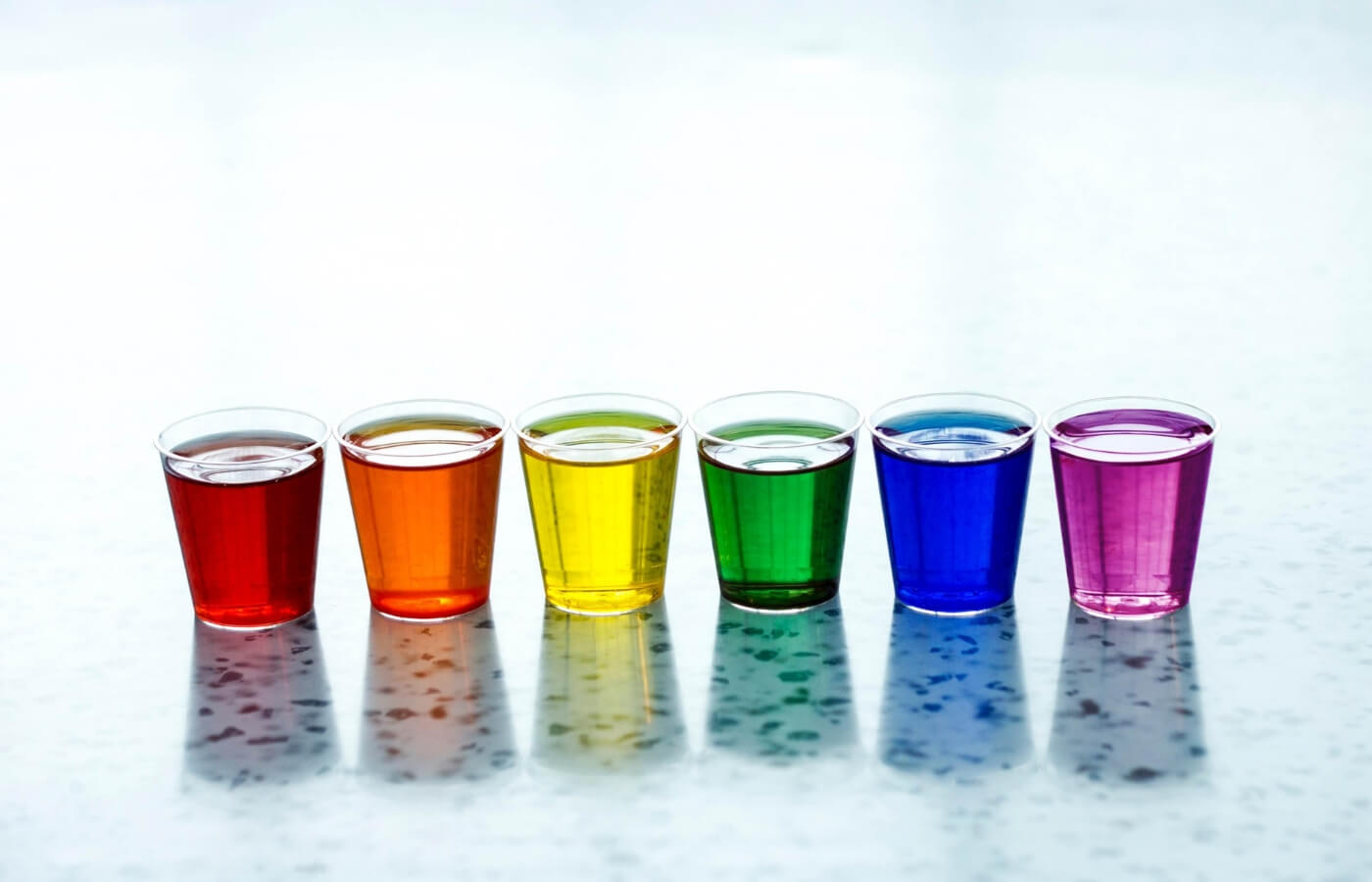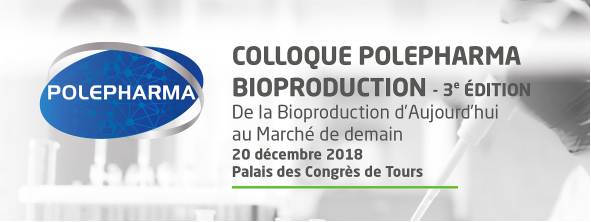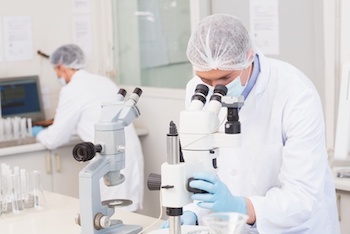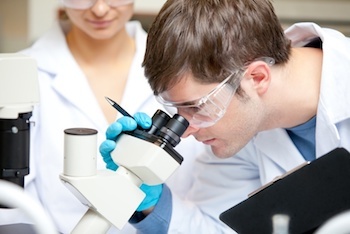Mythbusting #6 : “Cell-free systems are not compatible with Good Manufacturing Practices (GMP grade).”
Topics: Cell-free technology
Mythbusting #5 : “Cell-free systems deliver low expression yields.”
Topics: Cell-free technology
Mythbusting #4 : “Cell-free systems only use bacterial extract.”
Escherichia coli (E. Coli) is the most popular cell extract source for cell-free expression systems. However, extracts from wheat germ, rabbit reticulocytes or insect cells are also commonly used. Other mammalian cell lines are also more recently used for cell-free protein biosynthesis. Since they present different properties and advantages, the source of cell extract will be selected according to the properties of the protein to synthesize, such as the need for post-translational modifications, and other constraints, like yield, costs or convenience of cell extract preparation (Carlson et al., 2012; Casteleijn et al., 2013, Zemella et al., 2015).
Topics: Cell-free technology
Mythbusting #3 : "Cell-free systems are not suitable for large-scale industrial applications"
Topics: Cell-free technology
Mythbusting #2: "Cell-free systems are slower than an E.coli cell-based system"
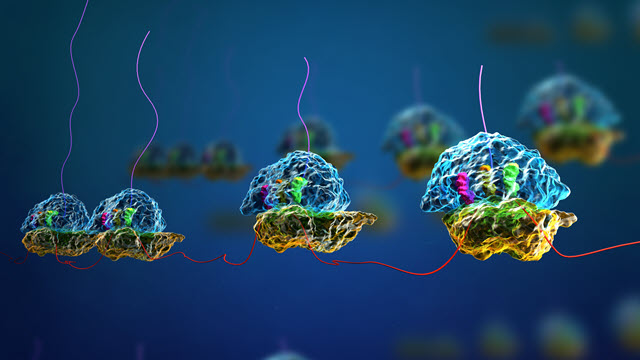
The E. coli expression system is well-established, and its ability to produce large amounts of protein in a limited time is advantageous when compared to other expression systems, such as eukaryotic systems for which 3 or 4 weeks lead time are required.
Topics: Cell-free technology
Mythbusting #1: "Cell-free systems are only relevant for membrane proteins"
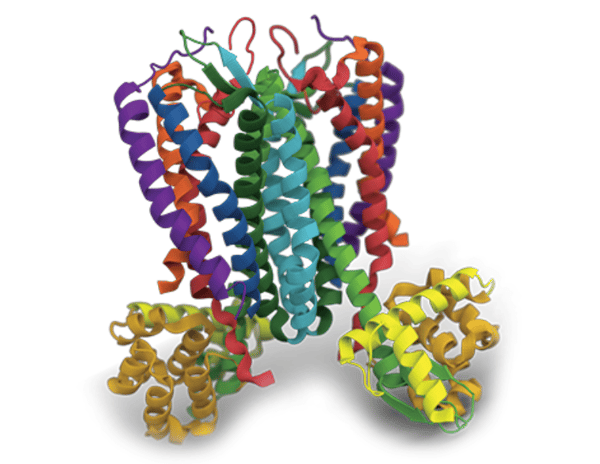
Cell-free expression system offers advantages over cell-based expression systems for difficult-to-express proteins, not only for membrane proteins, but also for proteins with multiple disulfide bonds or cytotoxic proteins, for example.
Topics: Cell-free technology
Synthelis will attend the 3rd edition of the “Colloque POLEPHARMA Bioproduction”
Synthelis will attend the 3rd edition of the “Colloque POLEPHARMA Bioproduction” which takes place in Tours, December 20th.
Topics: Cell-free technology, Proteins
Validation of a new method to characterize proteoliposome in solution by Force Spectroscopy with Atomic Force Microscopy
In protein manufacturing, membrane proteins are well known to be challenging to produce in a functional form. SYNTHELIS’ patented cell-free technology allows customized expression and characterization of active proteins integrated in proteoliposomes. Membrane proteins are embedded directly into liposomes during the cell-free synthesis process allowing the proper folding of the protein. Following protein production, SYNTHELIS conducts quality controls to validate the target protein in terms of activity and structure.
Topics: Cell-free technology, Proteins
Environment and definition of our activity
Topics: Cell-free technology, Proteins, Biotech
Synthelis : Our services
Topics: Cell-free technology, Proteins, Biotech


